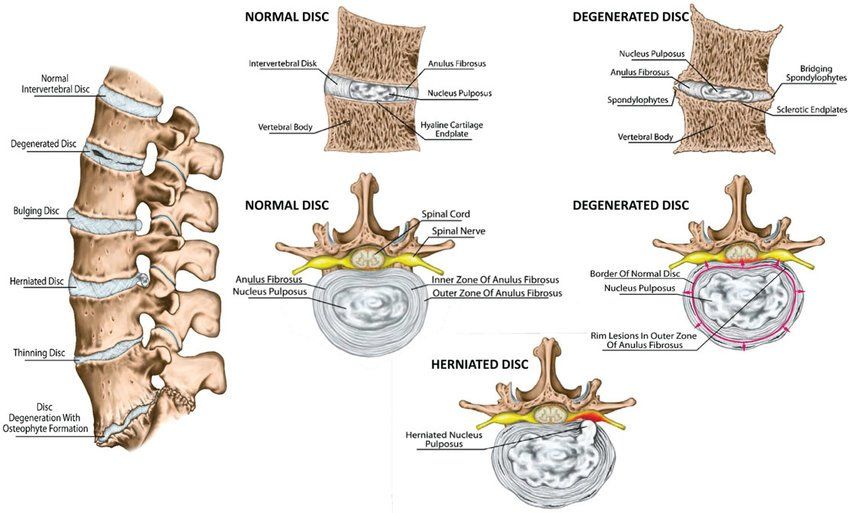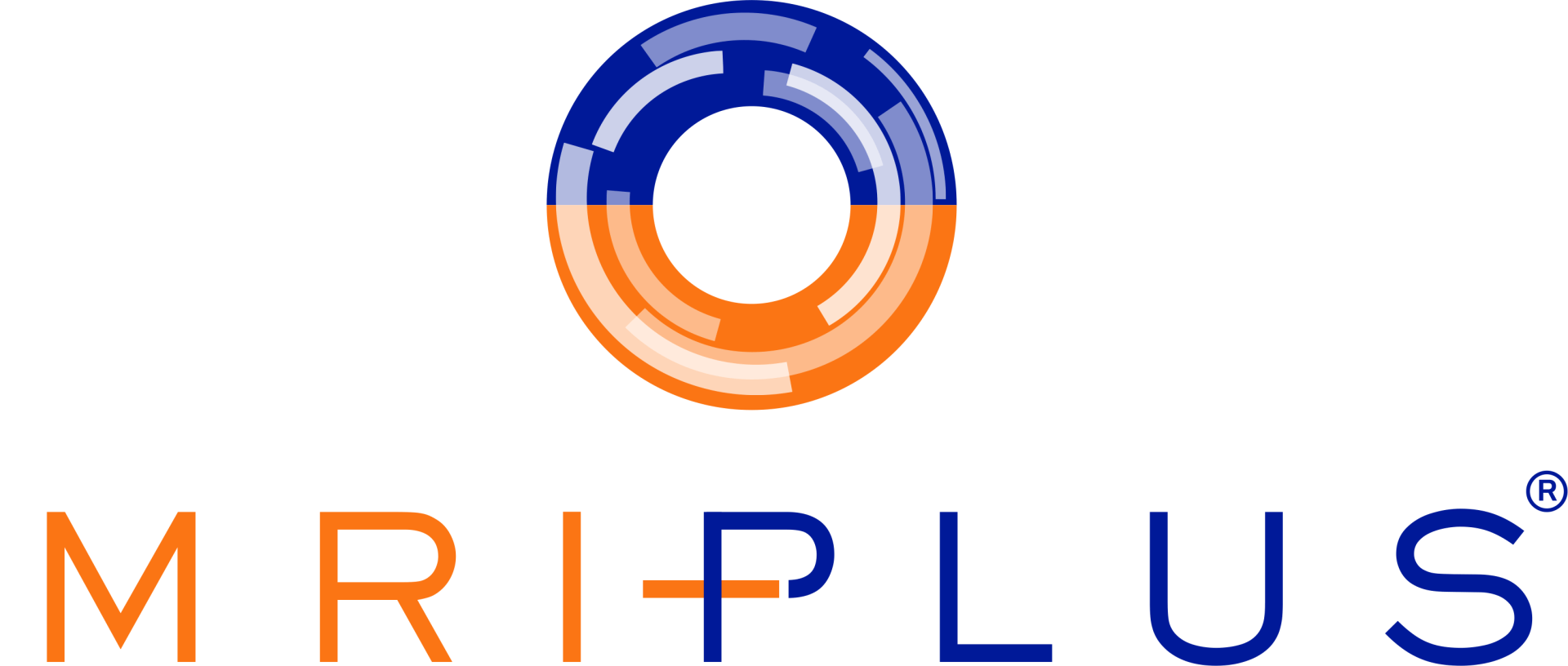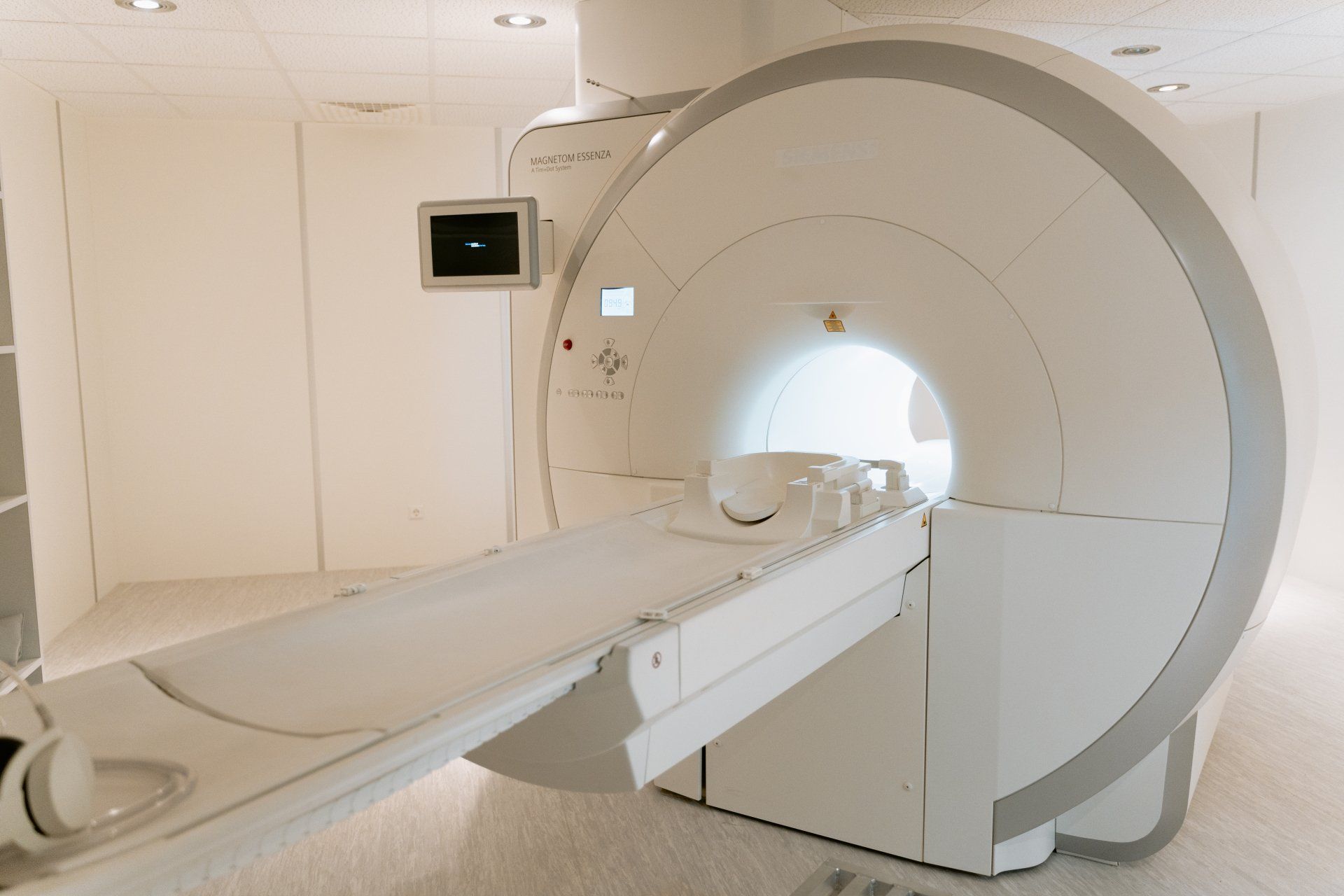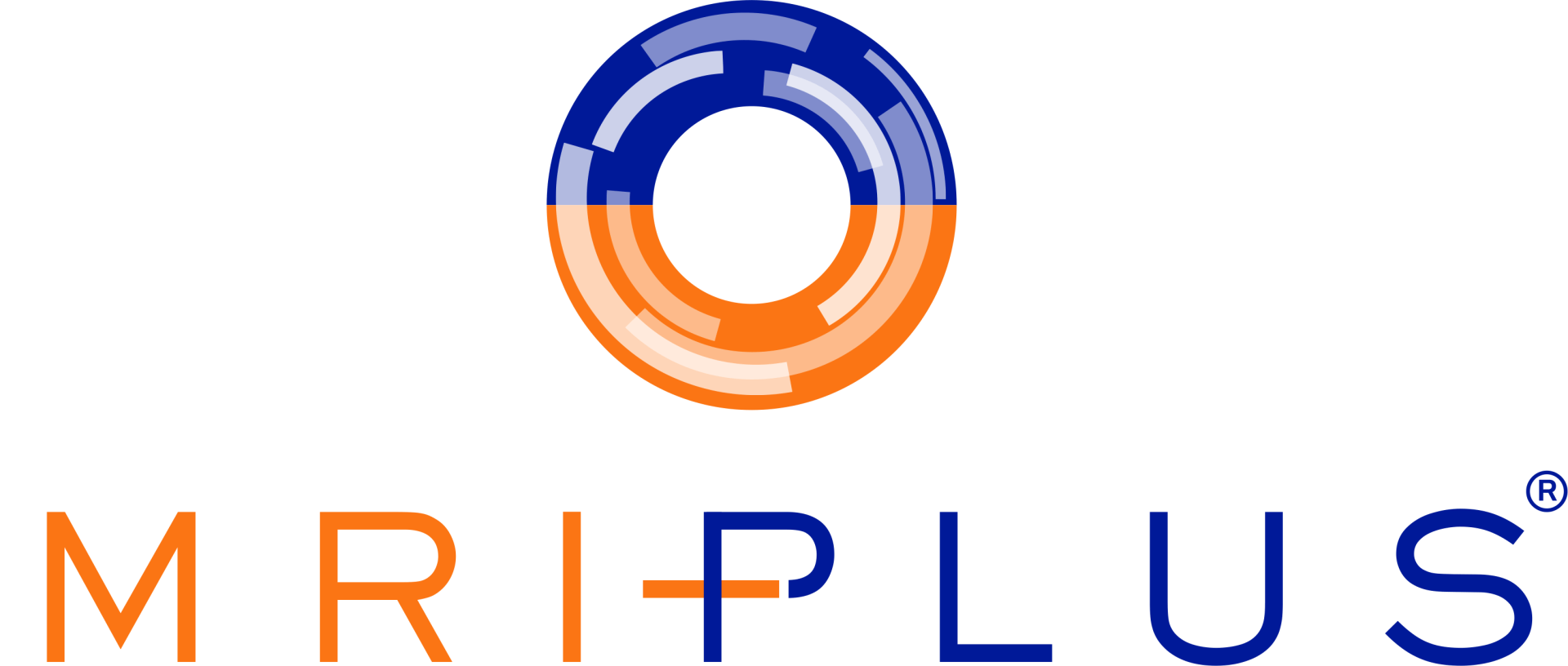Slipped Disk? The Importance of MRI to detect a Herniated Disc
Slipped Disk? The Importance of MRI to detect a Herniated Disc
Herniated disc, also known as a ruptured disc or a slipped disc, is a common condition that develops when a ruptured disc develops, as a result of old age, degeneration or as a result of an accident or injury. Under this circumstance, a portion of the soft cartilage inside the disc is pushed out of the hard, outer shell. Sometimes herniated discs do not have any symptoms but sometimes the exact location can cause severe pain, such as Herniated disc sciatica – this is where there is a disc herniation in the lower back, which presses on the sciatic nerve. Most people find that a slipped disc will heal on its own, but in some cases it may require therapy or surgery.
What are the Signs and Symptoms of a Ruptured Disc?
The spine consists of a complex and intricate bony structure, where each vertebrae of the spine is protected by a corresponding disc-shaped structure that cushions it from impact and protects it from injury.
Each disc is protected by an outer layer called the annulus and consists of a softer inner cartilage called the nucleus pulposus. When the annulus disintegrates as a result of injury, overuse, or aging, the nucleus pulposus is pushed outwards.
When this happens, greater pressure on adjacent nerves can develop. This is what causes a painful sensation that, if left untreated, may lead to complications, that include permanent nerve and spine damage.
Symptoms of a ruptured disc may vary greatly across affected individuals. The exact location of the herniated disc and the size of herniation are key determining factors. An individual’s health and tolerance for pain may also affect how intense the following signs and symptoms are experienced:
- Lower back pain
- Pain radiating from the back to the extremities
- Difficulty of movement
- Feeling of numbness, usually on either left or right side of the body
- Unusual and extreme muscle weakness
- Frequent tingling and pain on the affected area
How is a Herniated Disc Diagnosed?

Image Credits: Nadeen O. Chahine
When a patient experiences the above signs and symptoms during a physical exam, the consulting Healthcare Professional will not always immediately recommend an MRI. Unless chronic pain persists beyond 6 weeks after conservative treatment measures, such as stretching exercises, massages, and use of pain relievers, there is usually no need for an MRI scan.
Most patients who develop herniated disc of the neck or lower back successfully recover following non-surgical treatment interventions. However, others may require a more thorough examination or diagnostic imaging to confirm.
Imaging tests are typically used to confirm the presence of herniated disc, particularly when surgery may become necessary. An x-ray, CT scan, or MRI scan may be ordered to test for herniated disc in neck or any other region on the spine where the patient complains of pain.
Amongst the available imaging procedures, MRI can produce the most reliable snapshot of the spine that promotes the accurate diagnosis of a herniated disc. An MRI scan can show exactly where the herniated disc is located and also facilitate the measurement of the herniation.
An MRI scan can also help improve the accuracy of surgical procedures and the recovery time of patients.
In any case, any unusual pain on the spine merits a consultation with a medical professional. Early detection and diagnosis of a bulging or ruptured disc allows for early treatment interventions to be introduced. It also lessens the risk of developing irreversible complications if the condition is left untreated for too long.
Frequently Asked Questions:
Is an MRI necessary for diagnosing a herniated disc?
Some physicians continue to recommend X-ray and CT scanning. However, herniated disc MRI is the most preferred diagnostic procedure since it is the most sensitive imaging technique for this condition and does not expose the patient to unnecessary radiation.
However, clinicians may delay MRI scanning until after 6 weeks of persistent and worsening signs and symptoms. During which period, a patient may be prescribed a combination of conservative management interventions to alleviate the pain and improve the patient’s condition.
While most will recover without surgery and other major procedure, some will require further investigation and treatment. This is when MRI is usually prescribed.
Is a ruptured disc the same as a herniated disc?
Herniated disc and ruptured disc refer to the same spine condition characterised to show further protrusion compared to a bulging disk. Moreover, a scan will reveal that the softer cartilage normally held inside leaks out to the tougher outer cartilage. Also, since it will likely press on nerves, it causes more intense pain than a bulging disc.
What happens if a herniated disc goes untreated?
If a herniated disc is not given proper and immediate medical attention, the risks of it becoming worse also increases. Most cases of slipped disc get better without surgery. Non-surgical treatment for herniated disc includes one or any combination of physical therapy, relaxation, and use of painkillers, among others.
When the condition is left untreated, it can lead to complications that include permanent nerve damage. Loss of bladder and bowel control, as well as loss of sensation around the thighs and rectum have also been observed among people affected by this condition.
Can MRI detect herniated disc?
Yes, an MRI scan is typically used to confirm a herniated disc diagnosis. It is used to locate exactly the point on the spine that shows herniation. This way, treatment, which in some cases may involve surgery, may be better managed to optimize patient recovery.
What causes herniated disc?
A herniated disc can result from several causes. Apart from accidents, the normal wear and tear of the spine associated with aging is also a major cause of disc herniation. Other causes may include the following:
- Poor posture
- Unnecessary strain on the back usually caused by lifting heavy objects, especially in an incorrect position
- Being overweight or obese can put unnecessary pressure on the spine Weak muscles
- Lack of regular physical activity
References:
Dydyk, AM, Massa RN, and Mesfin FB. Disc Herniation. StatPearls [Internet]. Last Update: 12 Aug 2020. Link: https://www.ncbi.nlm.nih.gov/books/NBK441822/ Access Date: 8 Sep 2020
Institute for Quality and Efficiency in Health Care. Slipped disc: Non-surgical treatment options. Last Update: 9 Apr 2020. Link: https://www.ncbi.nlm.nih.gov/books/NBK279469/ Access Date: 8 Sep 2020











